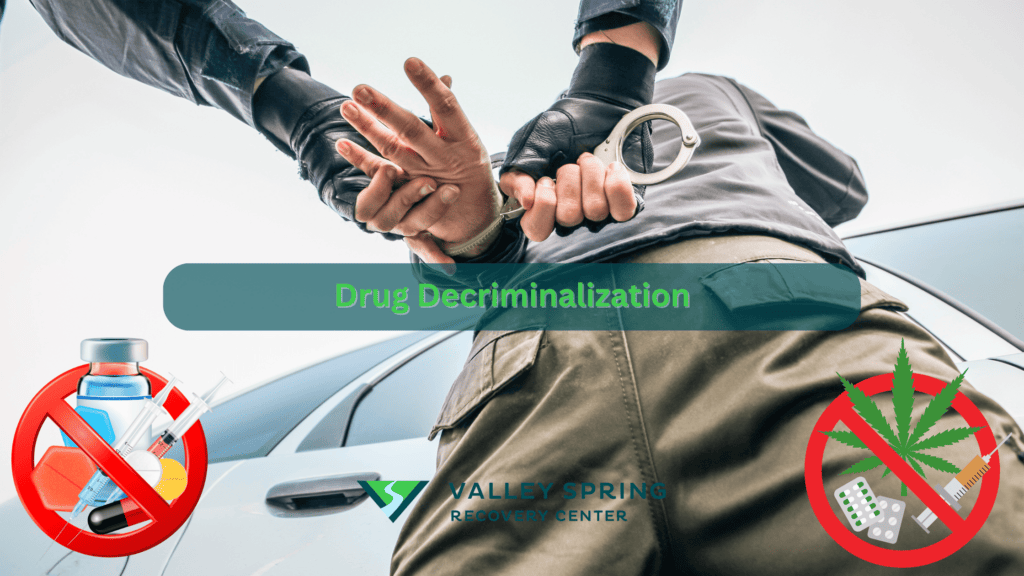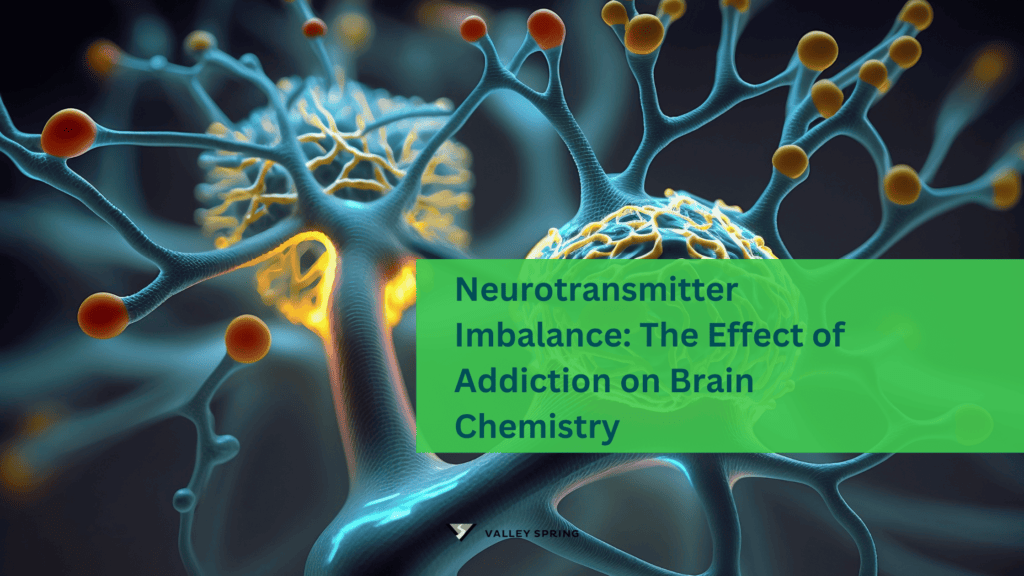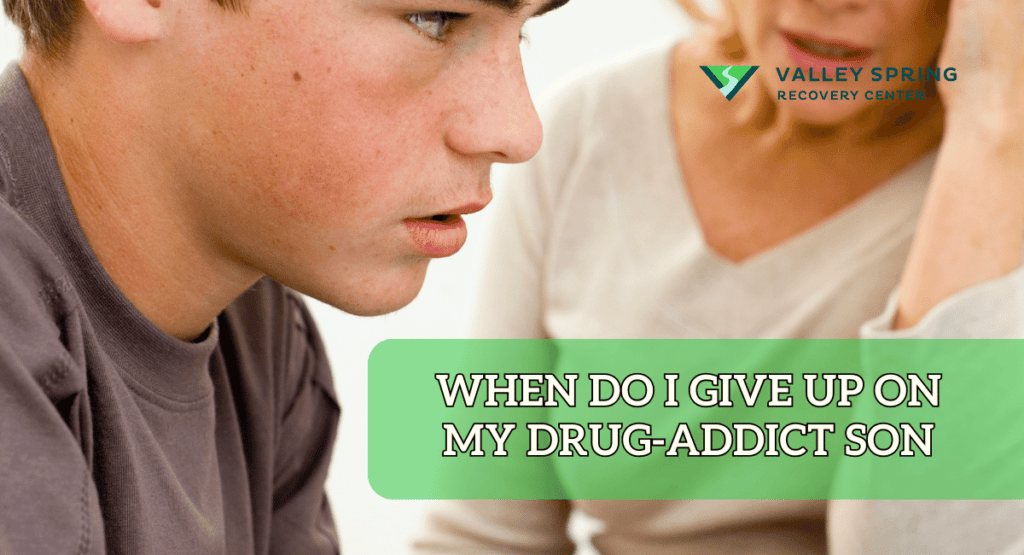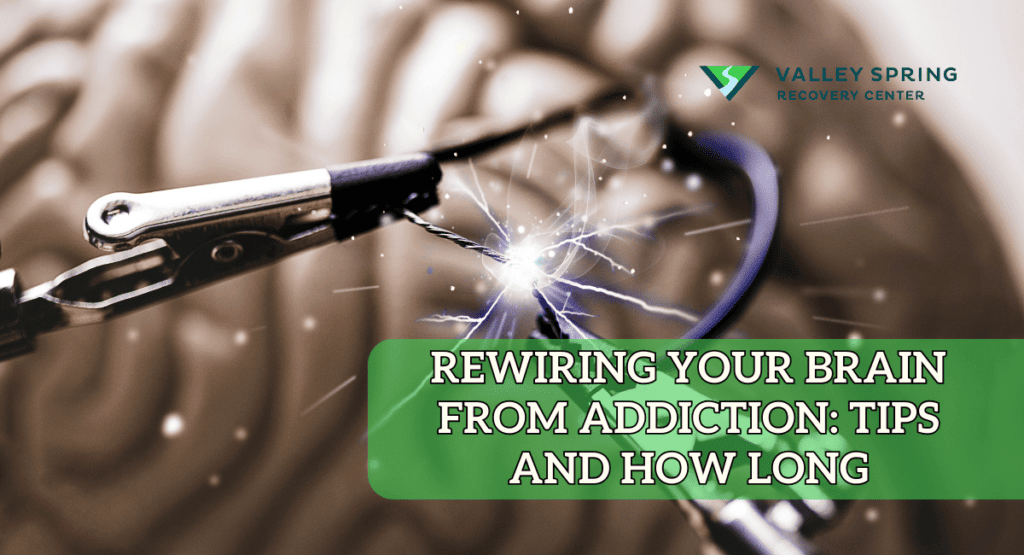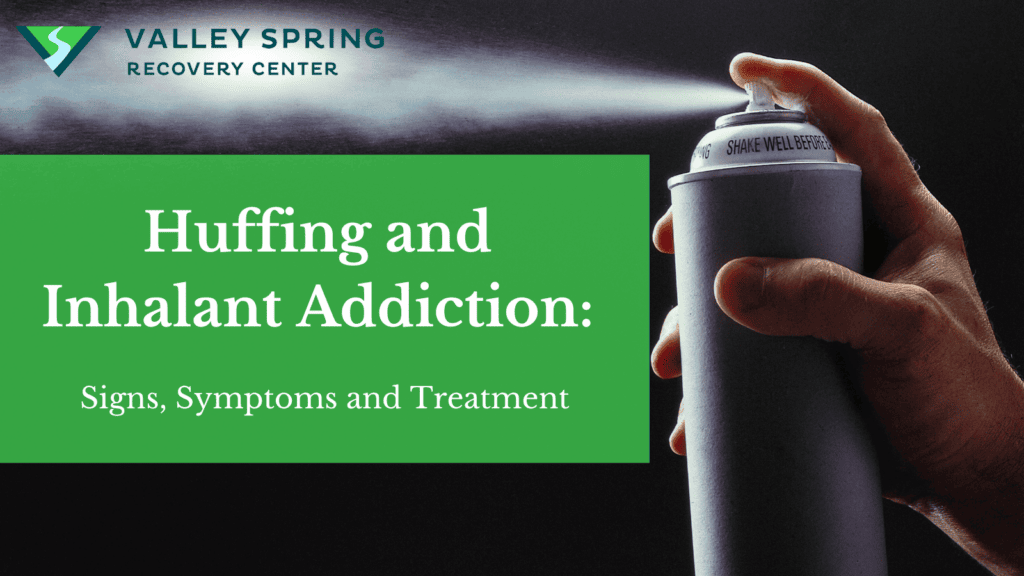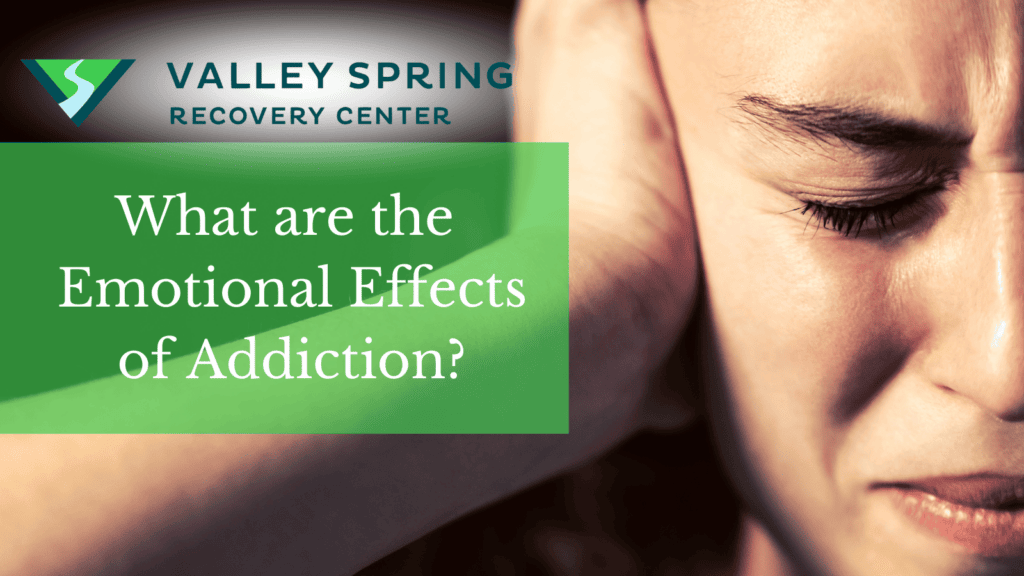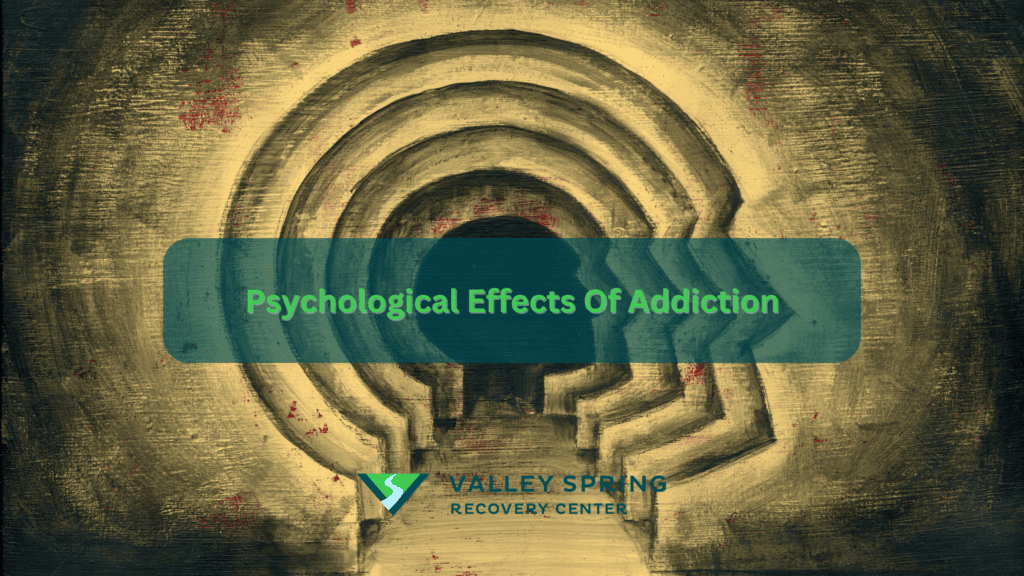The discourse around drug decriminalization, legalization, and addiction treatment is a labyrinth of public health implications, legal consequences, and social dynamics. With growing movements advocating for the decriminalization of certain drugs and an increased focus on addiction as a health issue rather than a criminal one, it’s crucial to dissect these intertwined aspects methodically.
Decriminalization presents a paradigm shift in how society deals with drug use and addiction. Rather than merely penalizing users, it proposes an approach focused on harm reduction and treatment. Understanding the implications for addiction rates, public health, and social justice is essential as this topic gains traction in legislative conversations.
Countries like Portugal have changed decriminalization policies, as well as states in the US like Oregon have passed decriminalization laws that fund addiction treatment programs and show a changing approach to drug-related issues.
What is Drug Decriminalization?
Drug decriminalization refers to the removal of criminal penalties for certain activities involving drugs, most notably possession for personal use. While the substance itself remains generally prohibited, the repercussions for being caught with it shift from criminal punishment to less severe administrative measures. Under decriminalization, instead of facing jail time, individuals found in possession could be directed to health services, support networks, or educational programs. Importantly, the drug itself would still be confiscated, and production and sale remain illegal.
While the terms are often used interchangeably, it’s important to understand that decriminalization is not synonymous with legalization. According to the ACLU, Drug legalization permits the use of a substance by law, meaning you can use, possess, and in some cases, sell it without facing criminal penalties. Unlike decriminalization, legalization often establishes a legal supply chain—from prescriptions to regulated stores—that allows for the controlled distribution of the substance. Legal systems may still impose restrictions, such as age limits for usage or licensing requirements for suppliers, but both the use and sale of the substance are legally permitted.
The shift toward decriminalization or legalization isn’t a one-size-fits-all approach but varies in implementation based on substance and jurisdiction. Policies range from medical prescriptions for substances like opioids to state-regulated cannabis shops. Washington State, for example, made history in 2012 by becoming one of the first U.S. states to legalize the recreational use and sale of marijuana.
Where Are Drugs Decriminalized?
The movement towards drug decriminalization has been gaining traction worldwide. Different countries have implemented various forms of drug decriminalization, each tailored to their own societal context and challenges.
Noteworthy Examples:
- Portugal: In a landmark move, Portugal decriminalized all drugs in 2001. This policy shift led to a focus on treating drug use as a public health issue rather than a criminal one. The results have been promising, with decreases in drug-related deaths, HIV/AIDS rates, and problematic drug use.
- Norway: Following Portugal’s example, Norway has initiated steps to decriminalize drug use. The focus is on treating drug addiction as a healthcare concern rather than a matter for the criminal justice system.
- Czech Republic: This European country decriminalized the possession of small amounts of most drugs back in 2010, aiming to distinguish between drug users and drug traffickers.
- Mexico: In 2009, Mexico decriminalized the possession of small amounts of drugs like marijuana, cocaine, and heroin. However, the country has faced challenges with cartels and drug-related violence.
- United States: While the U.S. has not implemented widespread drug decriminalization at a federal level, certain states and cities are taking matters into their own hands. For example, Oregon became the first U.S. state to decriminalize the personal possession of all drugs in 2020.
Specific Drug Decriminalization:
- Cannabis: Various countries and U.S. states have either decriminalized or legalized cannabis for medical and/or recreational use.
What Is The Drug Decriminalization Act In Oregon?
In 2020 Oregon, a state in the middle of an addiction crisis, introduced Initiative Petition 44 to
greatly expand access to drug treatment and recovery services throughout the state. The petition on Ballot Measure 110, known as the Drug Addiction Treatment Act, was certified for the November 2020 ballot and passed taking effect on February 1, 2021. The petition uses funds from Oregon’s existing marijuana tax.
The platform behind decriminalizing drugs in Oregon saw advocates like Andy Seaman a drug addiction researcher throw support behind the bill as well as The Drug Policy Alliance is based in New York, and so far has contributed in cash and in-kind contributions over $12 million to Ballot Measure 110. The petition stated that Oregonians are struggling with substance use disorder and too few of them have access to the treatment that would help them get their lives back on track. Meanwhile, our current drug laws can ruin lives based on a single mistake, preventing people from getting a job, a place to live, student loans, professional licenses, or even a credit card.

The petition expanded access to treatment and provided the opinion that drug addicts receive harsh punishments for minor nonviolent drug-related crimes, so people with addiction can more easily recover. The petition was passed in hopes that people would no longer be arrested and put in jail simply for possession of small amounts of drugs. Instead, they will receive a health assessment and be connected to the right treatment or recovery services, including housing assistance, to help them get their lives back on track.
How Does Drug Decriminalization In Oregon Work?
Instead of arresting people for possession of small amounts of drugs, IP 44 will greatly expand access to drug treatment and recovery services for anyone who wants and needs them, paid for by existing marijuana tax money. This includes:
1. Establishing Addiction Recovery Centers throughout the state to immediately assess the needs of people who use drugs, and link them to addiction treatment, care and services. These centers can be housed in or operated by existing qualified providers.
2. Increasing the availability of services, including:
- Treatment that is evidence-based, trauma-informed, culturally responsive and patient-centered;
- Peer support and recovery services so people are able to remain clean and sober;
- Housing (stabilizing and transitional) for persons with substance use disorder;
- Harm reduction interventions including overdose prevention education, access to naloxone hydrochloride and other drug education and outreach.
The Act does not legalize any drugs, it removes criminal penalties for low-level possession of all drugs, currently classified as misdemeanors, replacing them with a fine. These fines can be waived by being evaluated at Addiction Recovery Centers, which will be made available in all parts of the state, 24 hours a day.
- No change is made in the criminal code for delivery, manufacture, and other commercial drug offenses. These offenses will remain a crime.
- No change is made for other crimes that may be associated with drug use, such as driving under the influence and theft.
The Act establishes an Oversight and Accountability Council made up of experts who work in drug treatment and recovery. It includes people from communities that have been disproportionately impacted by the status quo. Members of the Council will include:
- A physician specializing in addiction medicine.
- Three members of communities that have been disproportionately impacted by our current approach to drugs emphasizing arrests and incarceration.
- At least two people who suffered or suffer from substance use disorder.
- A licensed clinical social worker.
- A representative of the Oregon Health Authority.
- A harm reduction services provider.
- An evidence-based substance use disorder provider.
- An academic researcher specializing in drug use or drug policy.
- At least two recovery peers.
- A mental or behavioral health provider.
- A representative of a coordinated care organization.
- A person who works for a non-profit organization that advocates for people who experience or have experience with substance use disorder.
Supported by the Oregon Health Authority, the Council will determine how money will be distributed to grant applicants for increasing community access to care and implementing Addiction Recovery Centers.
The Oregon Secretary of State, Division of Audits will conduct financial and performance audits. The audits, which will be publicly available, will occur at least once every two years and include data on:
- Financial oversight of grant programs, showing exactly what organizations and programs received money, how much they received, how that money was spent, how much money was used to administer the programs;
- Success in getting more treatment services to people including the outcomes of the treatment/recovery services, the wait times to receive treatment, the average duration of client participation, completion rates, recidivism, clients’ ability to receive supportive housing, employment and legitimate income.
Instead, it relies on existing marijuana tax revenue.
There is a lot more marijuana tax money than expected. When the Drug Addiction Treatment and Recovery Act takes effect, marijuana tax revenue is expected to total about $145 million a year. Revenue collected in excess of $45 million a year will go to services for treatment, recovery, harm reduction and more.
At a time when Oregon ranks near last in the nation for providing treatment and recovery services when people ask for it, this represents a 395% increase in non-Medicaid state public expenditures for substance use disorder.
Every hour, police in Oregon arrest someone for drugs—at a time when Oregon has missing children, unsolved murders and a long backlog of cold cases. This measure will free-up police to focus more on what matters.
What Are The Incarceration Statistics for Drug-Related Crimes?
Out of the approximately 619,000 people currently incarcerated in the United States, a substantial portion—129,000 individuals—are behind bars for drug-related offenses. When we delve into this figure, nuances become apparent: a large majority, 109,000, are unconvicted, meaning they are in pretrial detention or awaiting sentencing. The remaining 20,000 have been convicted.
Possession of drugs has emerged as the primary reason for these incarcerations. In specific numbers, 61,000 individuals are unconvicted for drug possession, while another 11,000 have been convicted for the same.
In the broader law enforcement landscape, the scale tips heavily towards drug-related arrests. In 2019 alone, drug possession accounted for a staggering 1.35 million arrests. This figure overshadows other categories of criminal activities significantly; drug sale and manufacturing led to 210,000 arrests, and violent crimes resulted in 500,000 arrests.
When comparing these statistics to other crimes, drug-related offenses—particularly possession—account for a disproportionate number of incarcerations and arrests.
The data raises critical questions about the approach to drug-related crimes, which has led to an overflow of individuals incarcerated for non-violent offenses. This landscape calls for nuanced, multi-dimensional strategies that integrate law enforcement, healthcare, and social services, particularly given the drastic scale imbalance between drug possession and other types of crimes, including violent offenses.
Our exclusive, boutique-style treatment program addresses substance use disorders, mental health issues, and trauma for whole-person healing.
How has decriminalization been implemented in different regions?
Countries like Portugal and regions within the United States have adopted decriminalization policies, with varying degrees of success and approaches tailored to their specific social and legal contexts.
For instance, New Jersey legalized marijuana use, shifting focus from criminal penalties to regulation and public health, marking a significant step in reevaluating drug policies and addiction treatment strategies.
What are the arguments against Decriminalization vs. Legalization?
Critics argue that it may tacitly endorse drug use, potentially leading to public health issues. However, supporters counter that decriminalization, paired with strong support and treatment services, mitigates these risks.
It’s crucial to note that decriminalization doesn’t make a drug legal; it merely changes the penalties associated with its possession. This is distinct from legalization, where the use, possession, and sometimes sale of a substance are allowed by law.
One thing is unanimous, effective addiction treatment that uses evidence-based therapies is successful in helping drug addicts recover. Expanding access to care is important regardless of whether drugs are decriminalized or legalized.
Ben Fisher
All author postsShare This Post

